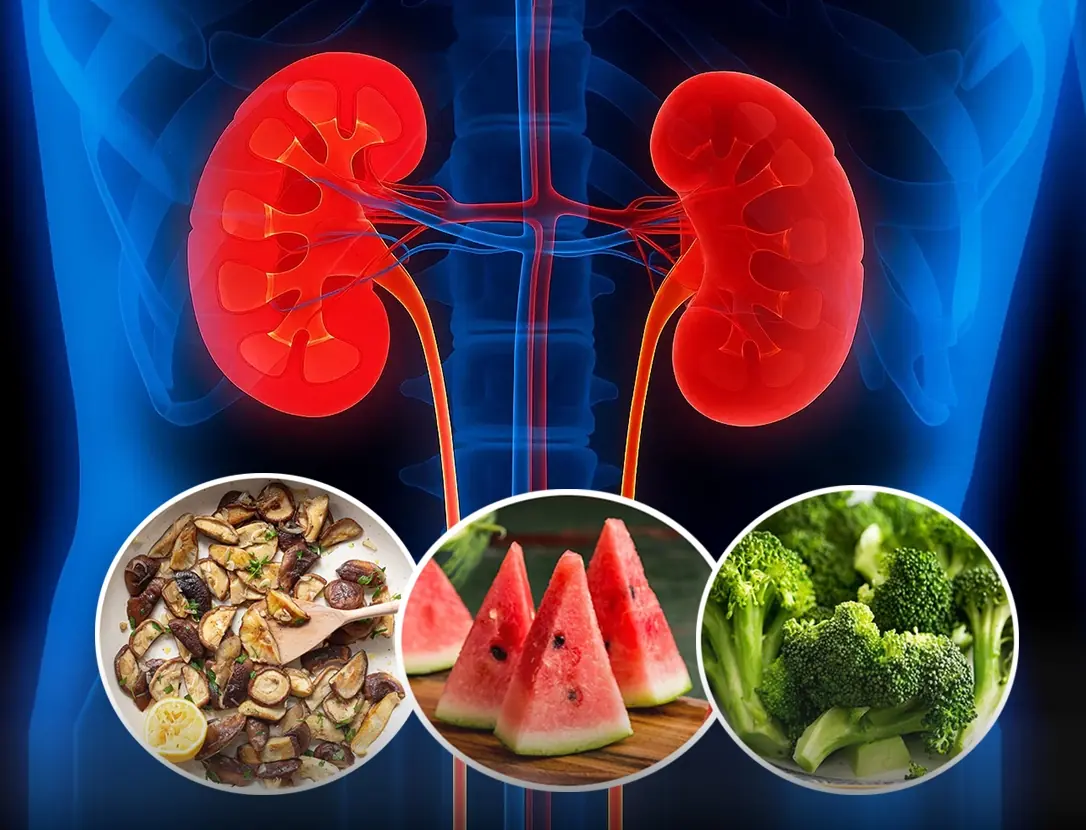
10 foods that are extremely good for the kidn3ys that not everyone knows about
A body with healthy kidneys is a healthy body. These ten foods are incredibly beneficial to the kidneys, but not everyone is aware of them.

6 Simple Habits to Prevent Fatty Liver Buildup and Improve Liver Health
Fatty liver disease, particularly Non-Alcoholic Fatty Liver Disease (NAFLD), is becoming a global health concern, affecting an estimated 30.2% of the population worldwide. The prevalence of NAFLD is especially high in regions like the Americas and Southeast Asia, where it exceeds 40%. With NAFLD on the rise, it's crucial to adopt healthy habits to protect your liver and prevent fat buildup.
What is Non-Alcoholic Fatty Liver Disease (NAFLD)?
Non-Alcoholic Fatty Liver Disease (NAFLD) occurs when fat accumulates in the liver without significant alcohol consumption. Over time, this buildup can lead to inflammation, liver damage, and potentially more severe liver diseases like cirrhosis and liver cancer. NAFLD is often linked to obesity, diabetes, and poor diet, making it increasingly important to maintain a healthy lifestyle.
1. Eat a Balanced, Whole-Food Diet
Why it Matters:
A nutrient-rich diet helps reduce liver fat, supports detoxification, and improves overall liver function. By avoiding unhealthy foods like refined sugars, trans fats, and highly processed foods, you can prevent the excess fat buildup that leads to NAFLD. A balanced diet also reduces inflammation in the liver and improves insulin sensitivity.
Guidelines:
Incorporate antioxidant-rich foods like fruits, vegetables, and whole grains.
Choose lean protein sources such as fish, chicken, and legumes.
Limit your intake of saturated fats and added sugars.
Include healthy fats from sources like nuts, seeds, olive oil, and avocados.
Eat fiber-rich foods like vegetables, oats, and legumes to support liver detox.
2. Stay Active with Aerobic and Resistance Training
Why it Matters:
Regular physical activity helps reduce liver fat, improves blood circulation, and strengthens the immune system. Aerobic exercise increases oxygen flow to the liver, while resistance training helps build muscle mass, which in turn boosts metabolism and supports healthy liver function.
Tips:
Aim for at least 150 minutes of moderate-intensity aerobic activity per week, such as brisk walking, cycling, or swimming.
Include resistance training exercises twice a week to enhance muscle strength.
Start with activities you enjoy to increase adherence and long-term success.
Consider activities like yoga or Pilates to improve flexibility and posture, which also benefits liver health.
3. Drink Plenty of Water and Liver-Friendly Beverages
Why it Matters:
Proper hydration is essential for liver health as it helps flush toxins, improves digestion, and supports metabolic functions. Drinking the right beverages like green tea or herbal teas can also provide antioxidants that support liver detoxification processes.
Recommendations:
Aim to drink at least 8 glasses (64 ounces) of water per day.
Replace sugary drinks and sodas with water, herbal teas, or detoxifying drinks like lemon water or cucumber water.
Try green tea, which contains catechins, powerful antioxidants that promote liver function.
Limit sugary beverages like soda and fruit juices that contribute to liver fat accumulation.
4. Prioritize Quality Sleep and Stress Management
Why it Matters:
Chronic stress and poor sleep can lead to hormonal imbalances, increased inflammation, and fat buildup in the liver. Quality sleep helps your liver regenerate and repair itself, while stress management reduces cortisol, a hormone linked to fat storage.
Guidelines:
Aim for 7-9 hours of quality sleep each night to promote liver repair and overall well-being.
Create a relaxing bedtime routine to improve sleep quality, such as avoiding screen time an hour before bed.
Engage in stress-reducing practices like meditation, deep breathing exercises, or mindfulness.
Limit caffeine intake in the afternoon to prevent sleep disturbances.
5. Limit Alcohol and Avoid Smoking
Why it Matters:
Excessive alcohol consumption can damage liver cells and accelerate the progression of fatty liver disease. Smoking also contributes to liver damage and impairs detoxification. Limiting or avoiding these habits is crucial for liver health.
Tips:
Follow recommended alcohol limits: up to one drink per day for women and two drinks per day for men.
If possible, eliminate alcohol entirely to reduce the risk of liver damage and other health complications.
Avoid smoking and second-hand smoke exposure, as tobacco can increase liver inflammation and impair liver function.
Consider seeking support to quit smoking or reduce alcohol consumption if necessary.
6. Monitor Health Metrics Regularly
Why it Matters:
Tracking key health metrics like body weight, blood pressure, and cholesterol levels can help detect early signs of liver disease, including NAFLD. Regular check-ups and monitoring ensure timely intervention and better management of liver health.
Recommendations:
Schedule regular health check-ups with your healthcare provider to monitor liver function and overall health.
Keep track of your body weight, as maintaining a healthy weight reduces the strain on your liver.
Monitor cholesterol and blood sugar levels, as they can affect liver health and are often linked to NAFLD.
Consider asking your doctor for a liver function test if you have risk factors like obesity, diabetes, or a family history of liver disease.
The Final Word:
Adopting these simple habits can significantly improve liver health and prevent fat buildup in the liver. A balanced diet, regular exercise, hydration, quality sleep, and avoiding harmful substances like alcohol and tobacco are crucial for maintaining a healthy liver. Early detection and lifestyle changes are essential in managing or preventing Non-Alcoholic Fatty Liver Disease and promoting overall well-being.
Sources:
National Institute of Diabetes and Digestive and Kidney Diseases (NIDDK)
American Liver Foundation (ALF)
Mayo Clinic – Liver Disease Resources
World Health Organization (WHO) guidelines on liver disease prevention
American Heart Association (AHA) - Healthy Diet and Exercise Recommendations

A body with healthy kidneys is a healthy body. These ten foods are incredibly beneficial to the kidneys, but not everyone is aware of them.
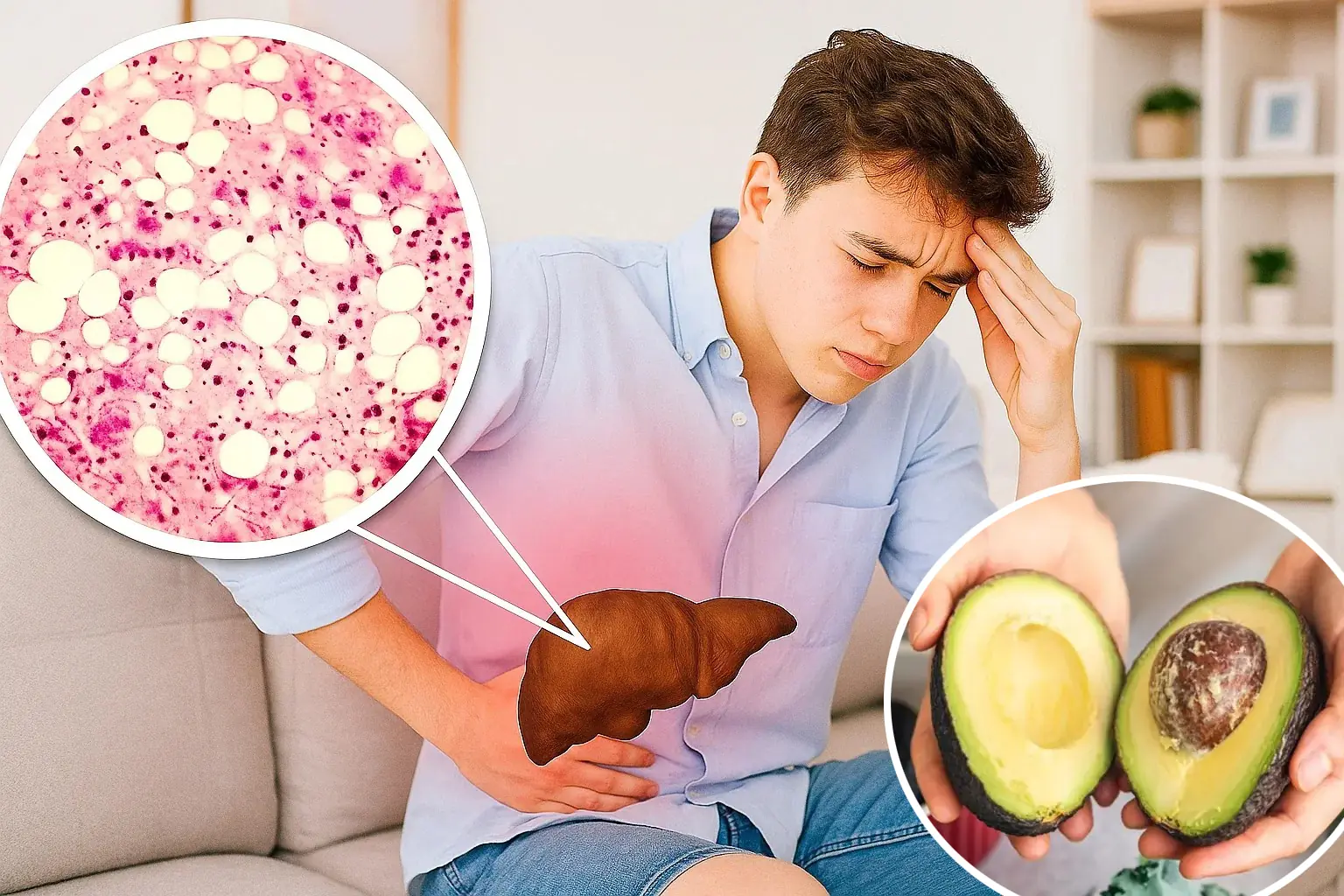
Certain fruits and vegetables successfully reduce liver enzymes, cool the liver, and have anti-inflammatory properties. Individuals who have elevated liver enzymes should take supplements on a daily basis.
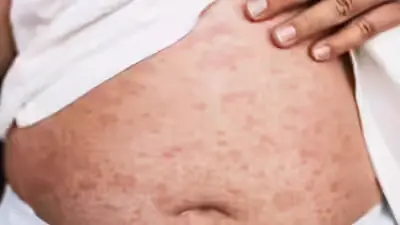
Measles cases in the US have reached a 25-year high. Learn about symptoms, risk zones, and how to prevent measles with vaccination and health tips.
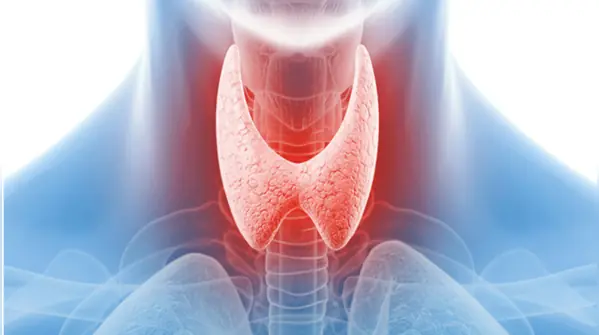
Discover how thyroid issues can cause pain in various parts of the body, including the neck, throat, shoulders, and more. Learn the symptoms, causes, and how to manage thyroid-related discomfort effectively.

Learn about allulose, the new sugar alternative that doesn’t spike blood sugar or insulin levels. Find out how it can help reduce body fat and why it’s a better choice compared to other sugar substitutes.

Learn about the common risk factors, symptoms, and early detection of head and neck canc3r. Discover ways to prevent this dise@se and protect your health with expert advice.
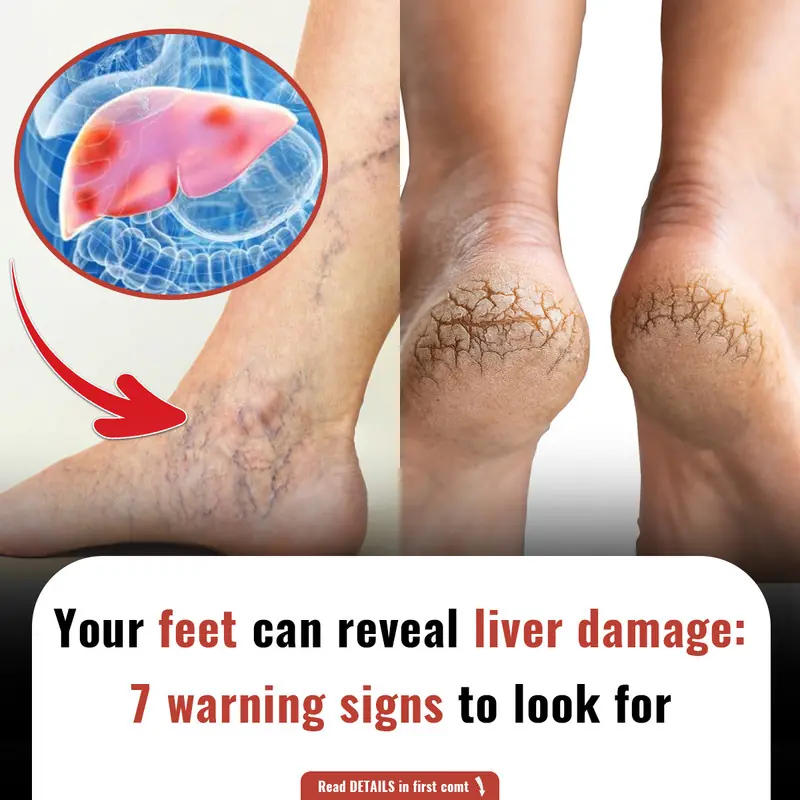
7 signs of liver damage seen in the feet

Some familiar devices in the household are actually silent yet formidable "power eaters."
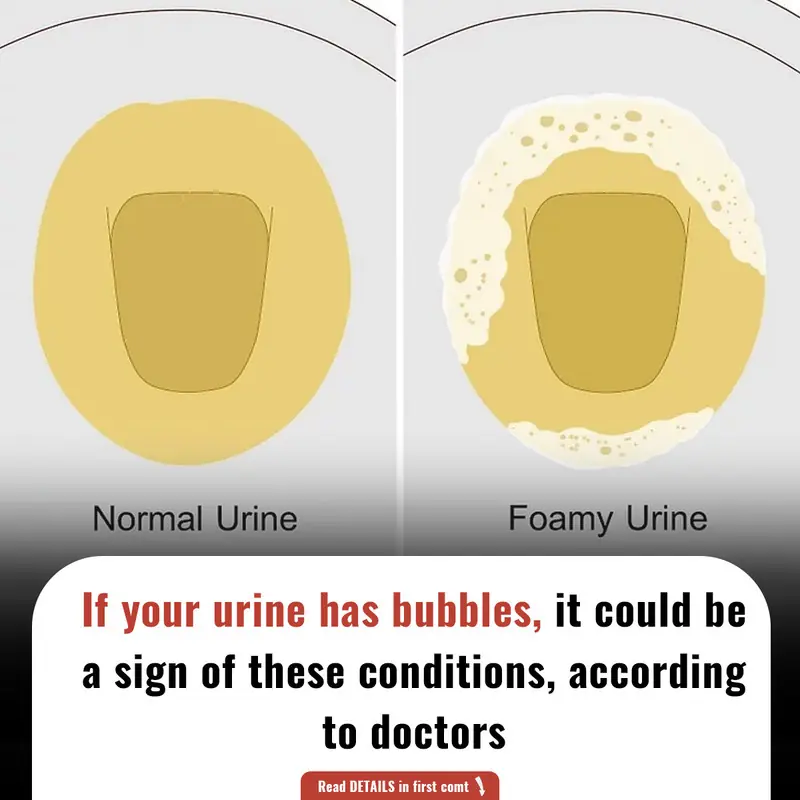
Persistent foamy urine may indicate health problems, while occasional bubbles are typically harmless and can be addressed with proper hydration. Dr. Shirley Koeh recommends that if the bubbles continue even after drinking more water and urinating frequent
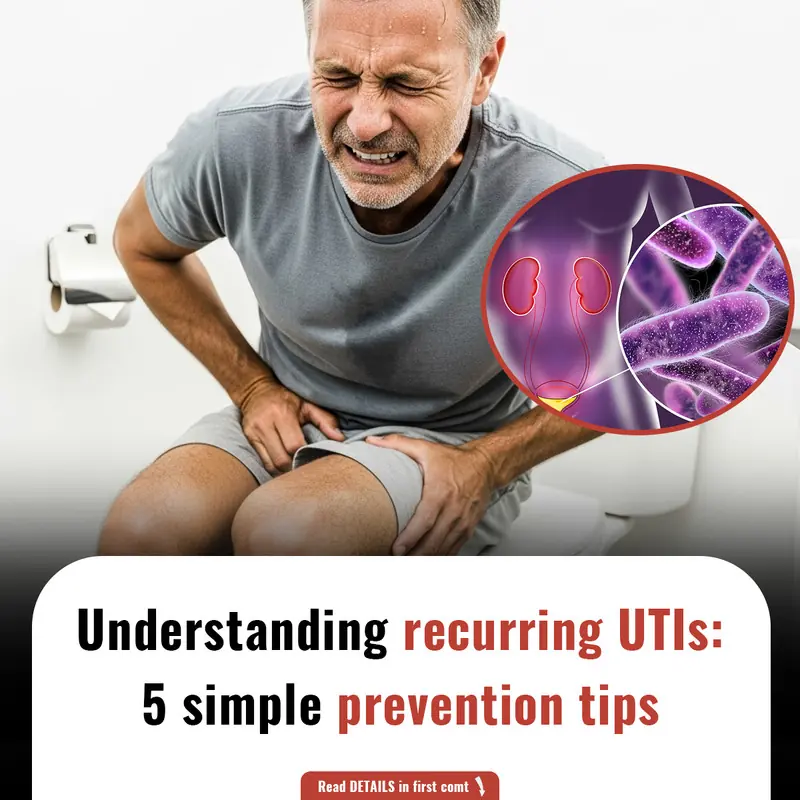
What are recurring UTIs: 5 simple ways to keep them at bay

The biggest difference between humans and animals, besides the ability to think independently, is the capacity to manage their emotions well. That is why people in the past often said, "A person who laughs looks ten years younger."

The reason is that aside from wasting money, the 5 types of shrimp below can also cause many diseases when consumed.

You should not buy tofu haphazardly, as there are certain types that should absolutely be avoided, especially the following 4 types.
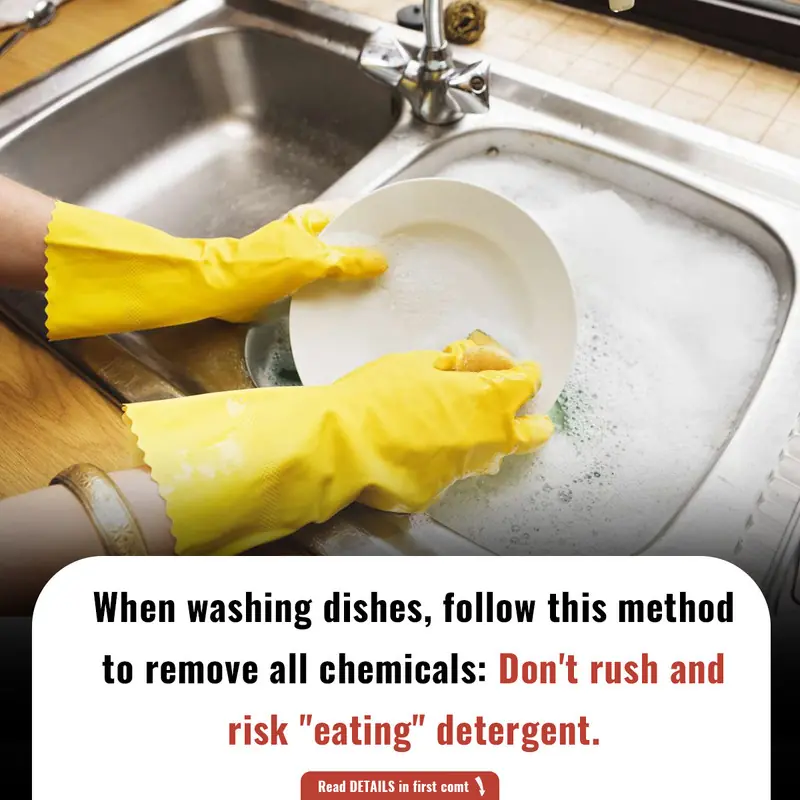
Most people use a lot of dishwashing liquid to clean grease from dishes. However, insufficient rinsing can lead to ingesting residual detergent, so it is very important to pay attention.
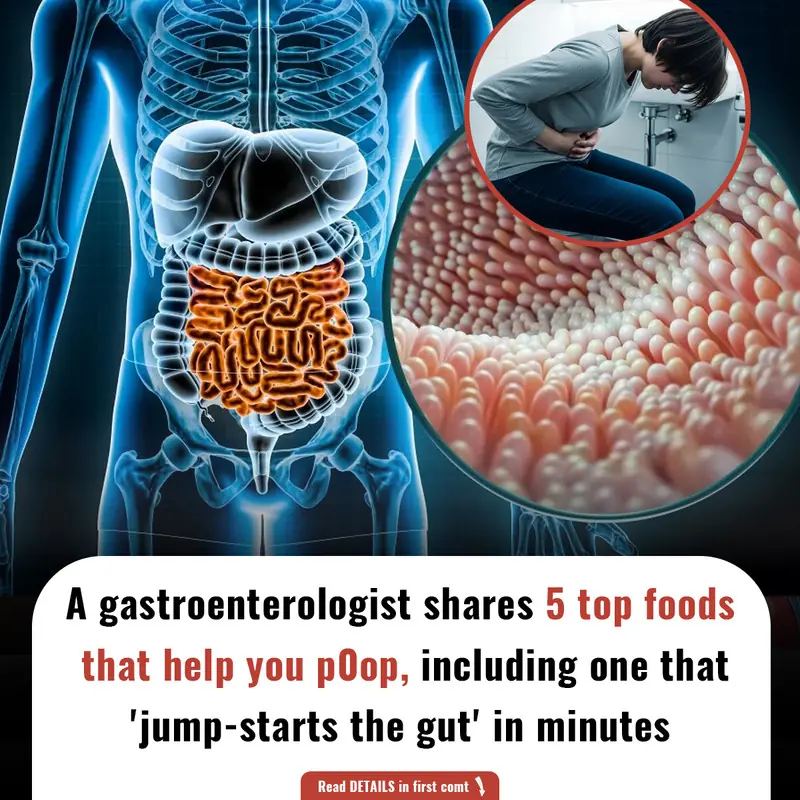
Stuck in pur-gut-ory?

Kelly Barta was turning red.

Could advanced goggles help in identifying hidden swimmers?

Discover the surprising secret to longevity. WWII veteran Leslie Lemon credits eating custard every day for his vibrant health at 106. Learn about his daily habit and how it contributes to his well-being.

Discover how Danielle Broadway lost 90 pounds and improved her gut health by quitting energy drinks and embracing intermittent fasting with the help of the Simple app. Learn the science behind intermittent fasting and the benefits of a healthier lifestyle

Discover how a new neighbor's simple acts of kindness transformed the life of Mrs. Sandra, a reclusive artist. This heartwarming story illustrates the power of community, rekindled passions, and finding connection in unexpected places.

Learn how listening deeply and observing fully can enrich your life. Discover the power of being present and the profound impact it has on relationships, empathy, and experiences.

Witness a heartwarming story of modern family redefined: a father, divorced 28 years, still mows his ex-wife's lawn. This powerful example of co-parenting, respect, and unconditional kindness teaches invaluable lessons about love and family.

Discover the incredible true story of Master Sgt. Henry Erwin, who saved his B-29 crew in WWII by risking his life to dispose of a burning phosphorus b0mb mid-flight.

Dive into the peculiar history of the Great Depression's "Honey Bandits." Discover the 1933 unsolved heist in Brooklyn, where thieves siphoned liquid gold, leaving behind a sticky, intriguing tale of desperation and cleverness.

These DIY treatments not only provide nourishment but also help improve scalp health, stimulate hair growth, and strengthen hair roots.

Discover Nona Gaprindashvili, the pioneering chess champion who broke barriers in the 1960s and became the first woman to earn the title of International Grandmaster, leaving a legacy that inspired generations.

Explore the life of Hari Rhodes, an actor from the 1960s TV series Daktari, who used his platform to fight for racial equality and made a lasting impact on American pop culture and the civil rights movement.

A powerful and shocking moment unfolded when I confronted my brother's fiancée after she insulted me at my own upscale restaurant. But what followed was a lesson in humility and redemption.

My daughter suddenly started locking her bedroom door and pulling away from me. One night, I quietly kept the door from closing and waited. When I finally stepped inside, I found her laughing with a boy.

“No, I’m going to Thailand, not to your mom’s garden beds,” I refused to go to the dacha, and my husband got offended.

A mysterious baby born with an unusual heartbeat starts to change the lives of everyone around him. From medical staff to nurses, his presence brings hope, awe, and a chilling sense of wonder.
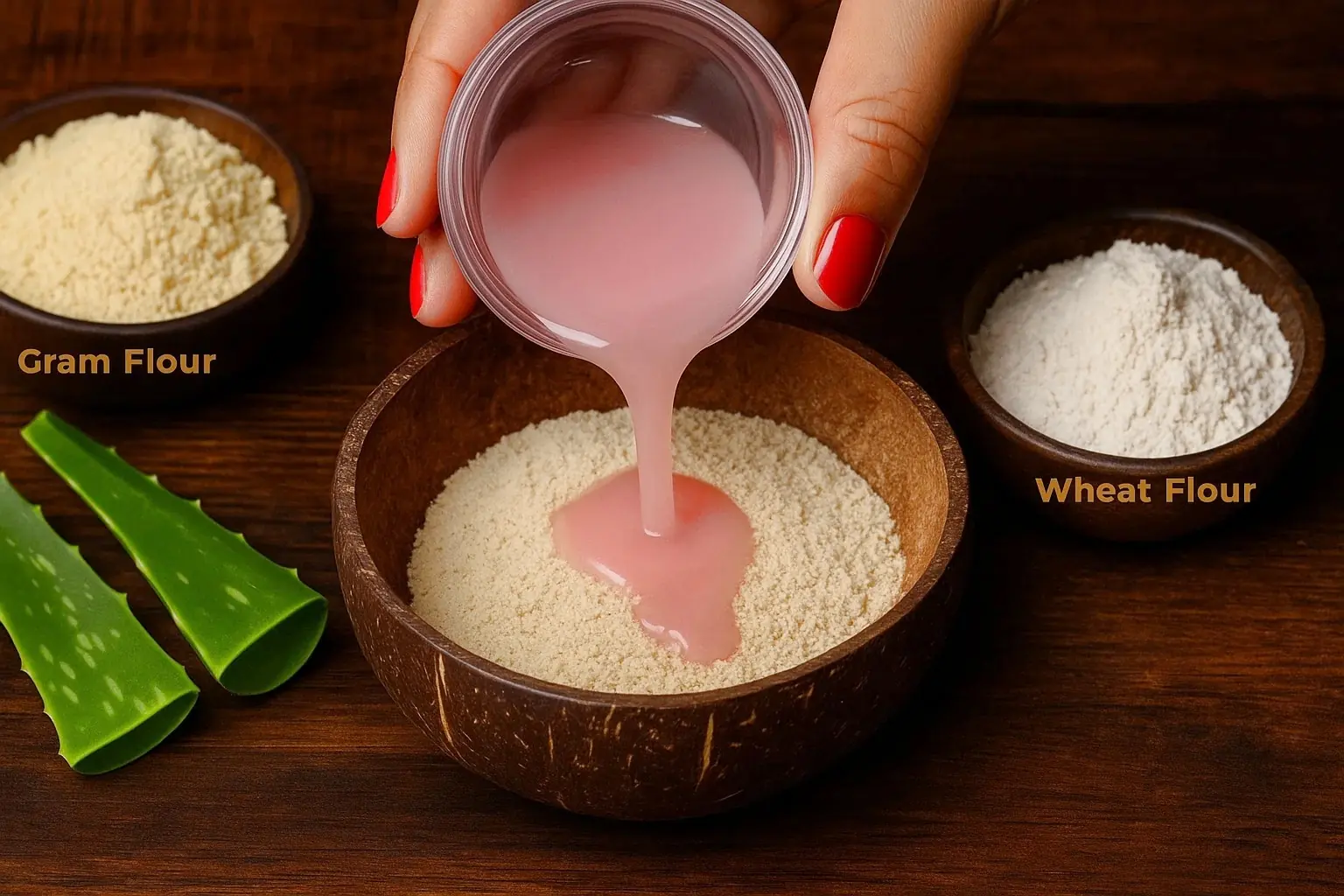
By incorporating these simple yet effective DIY treatments into your skincare routine, you can visibly improve your skin’s appearance in as little as 10 days.

After her roommate abandoned her cat, a woman took responsibility for the pet's care, but when the roommate returns months later, she threatens legal action. Did she make the right decision?

A son and daughter grapple with their stepfather’s forgetfulness on their mother’s birthday, leading to an emotional realization and a heartwarming reconciliation.

A mother shares her past experience with her daughter who is struggling with body image, only to have her daughter react angrily. What happens when the mother tries to comfort her and help her embrace her own body?

A family secret about my brother’s child outside of his marriage was uncovered by my husband’s background check. Now, I’m facing a family dilemma about revealing the truth to our parents and handling the consequences.

A heated argument between two friends after a car accident over parenting choices, one defending the importance of car safety while the other challenges it. Was one friend too harsh?

A body with healthy kidneys is a healthy body. These ten foods are incredibly beneficial to the kidneys, but not everyone is aware of them.

A father decides to pull his daughter from soccer camp and cut her ties with two friends he deems "ghetto," but when family pressures him to reconsider, he starts questioning his actions. Is he wrong?